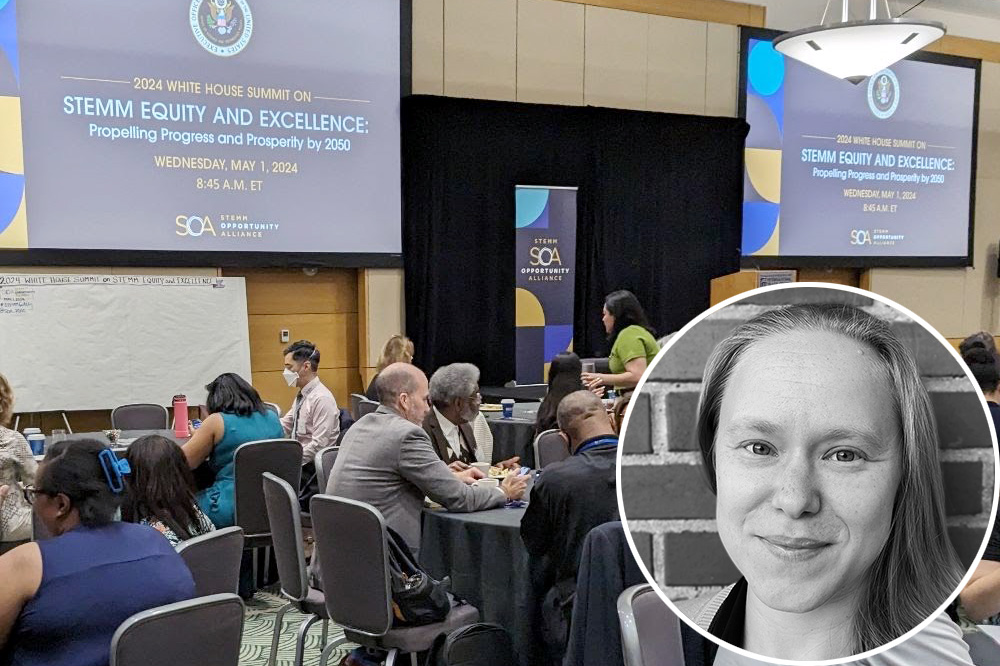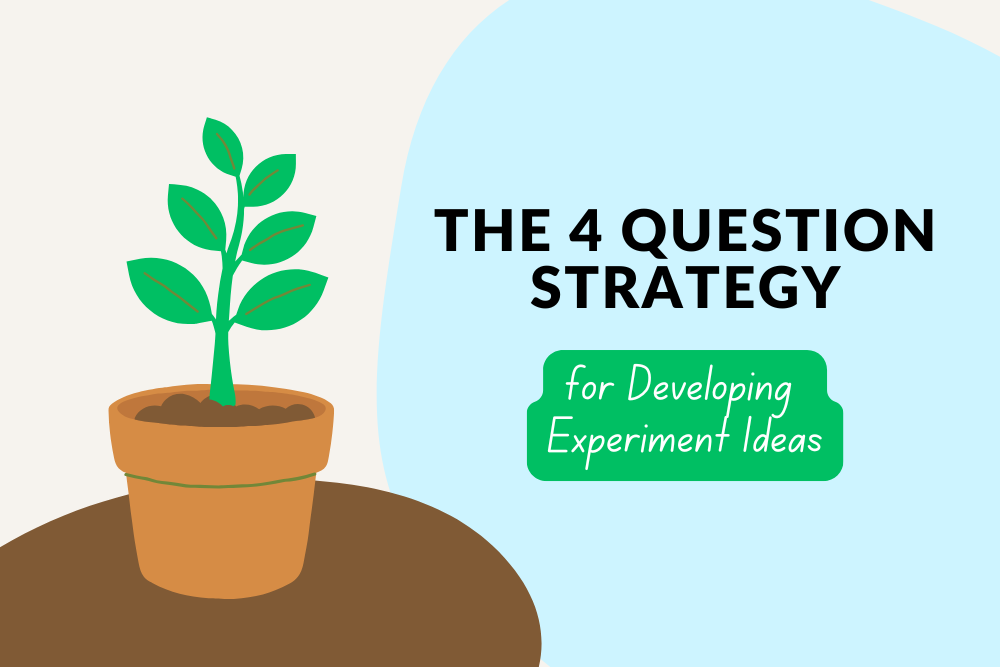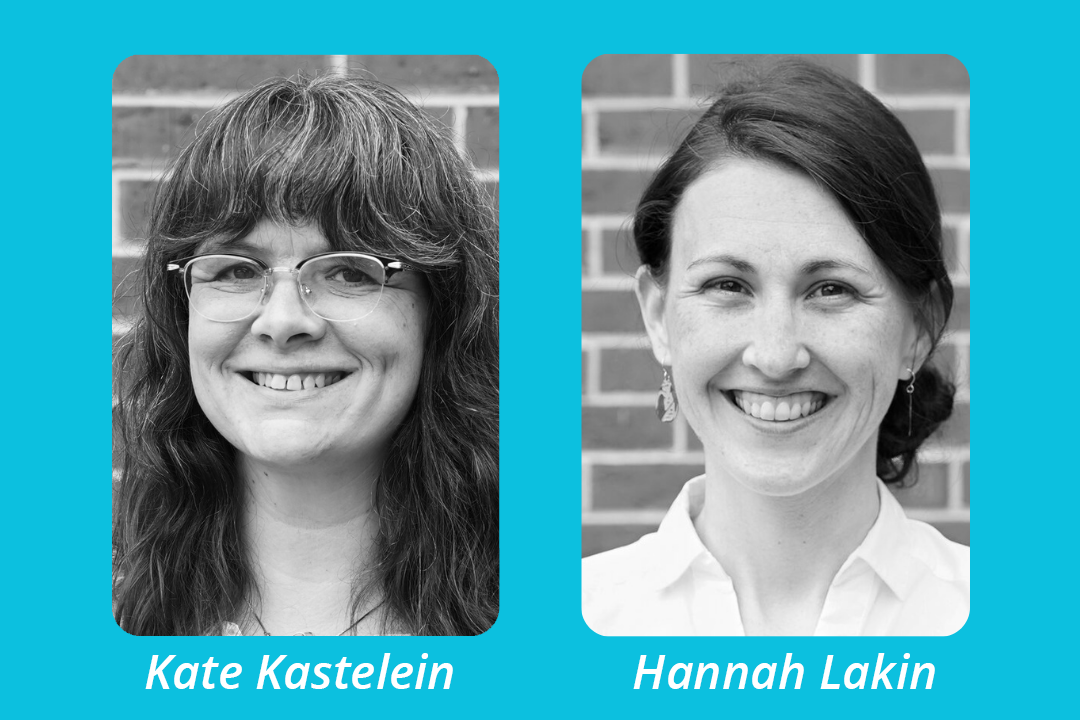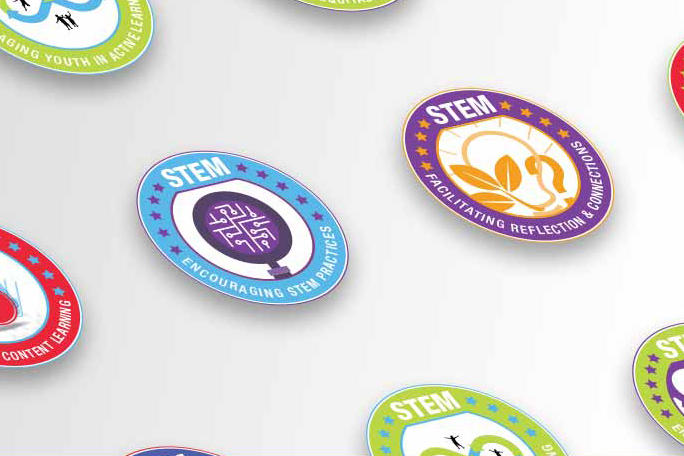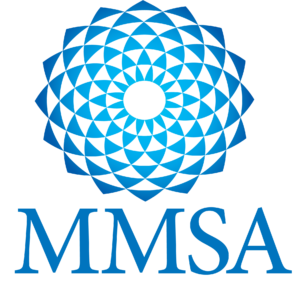Dr. Heidi Cian—an informal education researcher and STEM education specialist at MMSA— traveled to Washington D.C. to take part in the 2024 White House Summit on STEMM Equity and Excellence on May 1st. Co-hosted by the White House Office of Science Technology and Policy (OSTP) and the STEMM Opportunity Alliance, the event’s theme was “Propelling Progress and Prosperity by 2050.”
It’s not every day someone gets a chance to head to the nation’s capital to meet with thought leaders and discuss pressing issues in STEMM (Science, Technology, Engineering, Math, and Medicine). So Heidi agreed to help us mark the occasion by relaying some of the highlights from her trip, as well as relate how her research connects to the themes of the event.
Q: Why was it important to attend this event that was focused on equity in STEMM?
A: By 2030, the STEMM education community—including educators, educator developers, industry players, and policy makers—aim to have 6.5 million more youth, 70% from communities marginalized by traditional expectations of STEMM participation, to participate in afterschool STEMM Learning experiences.
And they aim for at least three quarters of out-of-school time to be spent on a regular form of professional development, coaching, and/or mentorship by 2030. That means that they recognize how important out-of-school time STEMM learning is and that as a community of people who care about STEMM equity and excellence we need to invest in it.
That said, work needs to be done–-and I think we at MMSA and our ACRES program can do it—to map out the steps that can take us to 6.5 million more youth in afterschool programs where their educators are supported and valued.
Q: How does your recently published research and work at MMSA connect to the summit themes?
A: My article looked at the ways that college students pursuing STEM careers talk about themselves or others in their social orbits (e.g., their parents, friends) as being a “STEM person” or not. Students grounded the way they talked about someone as a STEM person or not in how they thought about that person’s intelligence. But, not all kinds of intelligence mattered. More masculine ways of showing intelligence, such as knowing facts, qualified, but searching for answers did not. Even when women demonstrated eligible kinds of intelligence, students held them to a higher standard than men.
A big piece of what the Summit talked about was removing barriers to access to STEM. While some “barriers” are easy to see, like not enough staff in afterschool programs, others are like the ones I studied in my article—they are entrenched in the ways we think about ourselves and the people around us.
While our work in ACRES does include STEM content, we also recognize that what youth really need, and what really matters in terms of achieving these aims of equity and excellence, is addressing the hard work of disrupting the established and unconscious ways of thinking about what it looks like to do STEM.”
How do you see the themes of the Summit connecting to your work and/or MMSA’s mission?
We partnered with the Afterschool Alliance for this trip. I am a member of the STEM Hub of the Afterschool Alliance and contributed to recommendations that the Afterschool Alliance offered for the development of this National Strategy. ACRES and MMSA are clearly leaders in pushing for afterschool and out-of-school education to be recognized as part of a national strategy for STEMM Equity and Excellence, uniquely (I believe) from the perspective of the need to understand and invest in afterschool and OST educators.


